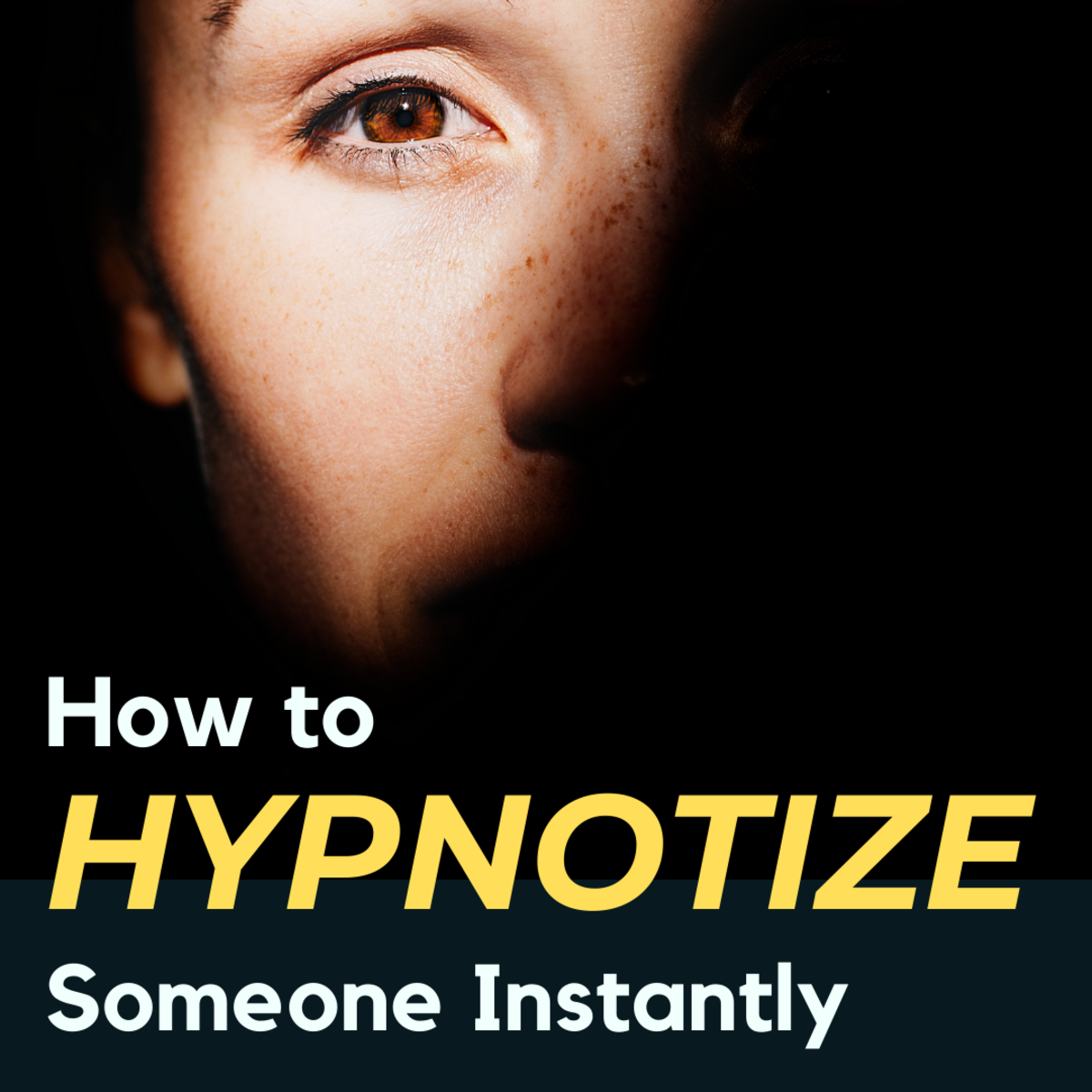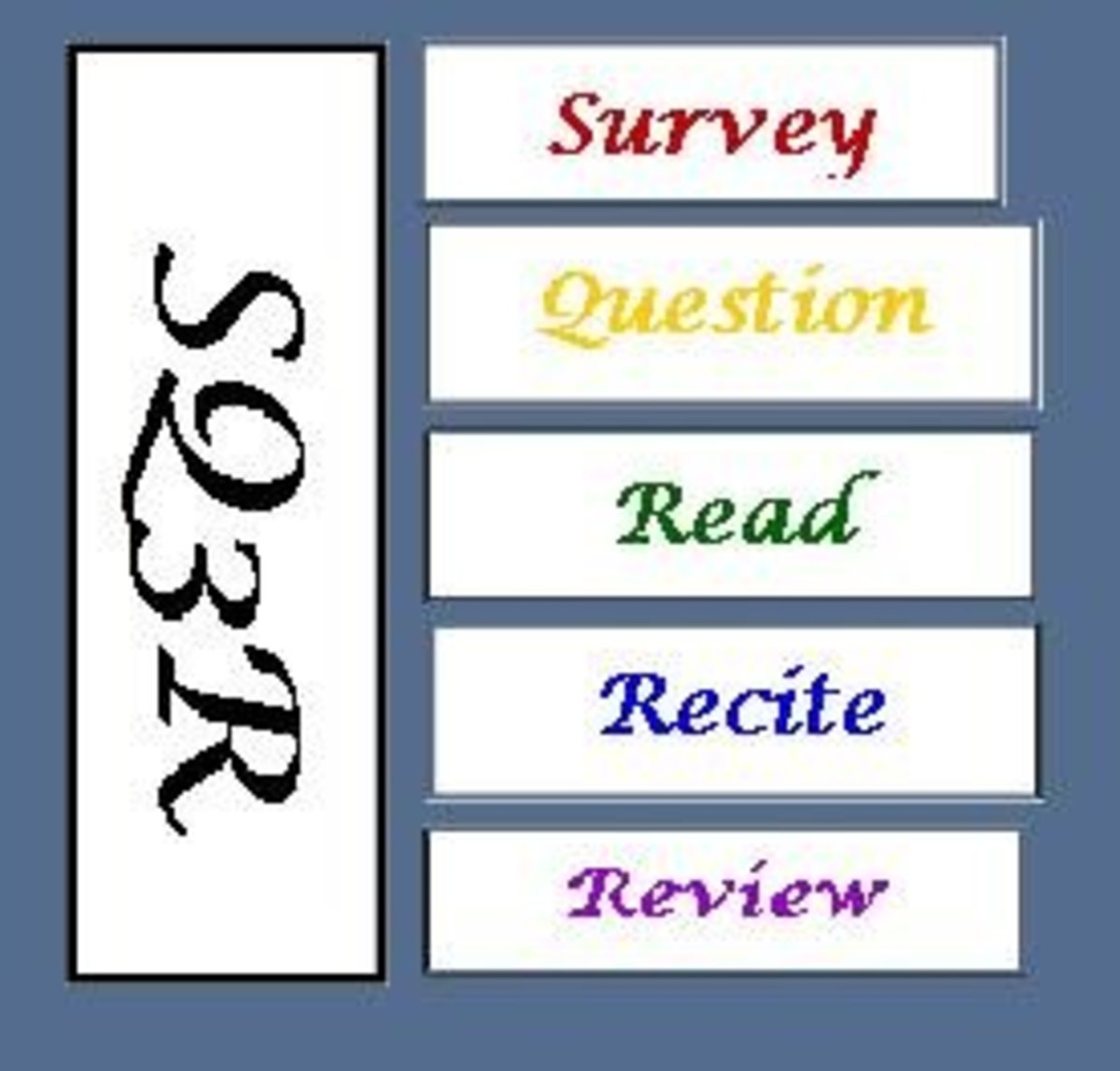Exam confidence. Tackling exam nerves with hypnotherapy and NLP

Help!!! I've got exam nerves!
It's amazing how many otherwise confident people just go to pieces when faced with an exam. Some people come out in a cold sweat at the very mention of the word, yet, realistically, exams are a time for showing off your skills.
If you are suffering from exam nerves you might consider getting a little help. If you are a person whose mind goes blank and whose knees go to jelly when faced with an examination paper, a session or two with a qualified hypnotherapist or NLP practitioner can make all the difference Hypnosis and NLP are particularly helpful for confidence issues and phobias of all descriptions.
How does hypnosis and hypnotherapy work?
It might be helpful to consider your mind as a kind of powerful, personal computer system that can be programmed through education and experience, Every waking moment of every day, your mind is processing an enormous amount of information. Facts and figures, names and faces, colours, tastes, smells, sounds. We suck it all in, and use it to form our own highly individual view of the world.
Now consider that your personal operating system works on different levels. You have a conscious process which involves decision making and critical thinking, and a sub-conscious process, which acts as your hard-wiring. The conscious mind controls voluntary actions such as having conversations, choosing from a menu, or reading a map. But the sub-conscious mind is ticking away at the same time, processing information that gradually becomes part of your hard-wiring. All the actions that we perform without conscious effort happen because of our sub-conscious mind. This includes all the good things, such as breathing, eating, drinking, and generally keeping ourselves safe and alive, and it also includes the bad things such as addictive behaviours, and over-reactions to stress.
Hypnosis offers us a means of by-passing the conscious mind, thus giving us access to the hard-wiring. This is why it is so useful for dealing with bad habits such as smoking, and also for removing or reducing fears and phobias such as exam nerves.Hypnosis uses a natural state to help achieve this, and that is the state of trance. Everyone of us at some point in our lives experience trance. Most of us will go into a trance state fairly frequently during an average day. This often happens when you are doing routine tasks, or when you're deeply involved in a hobby, or leisure activity, or when you're simply day-dreaming. A hypnotherapist will usually induce trance by softening his or her voice and talking you into a state of relaxation. Once you are in a trance you will still be able to hear and understand everything that's said to you, but you will be more susceptible to the helpful suggestions made by your therapist.
So how will these suggestions help?
Your therapist will discuss your problem in great detail before commencing hypnosis. Many people have a straightforward phobia of exams due to a previous bad experience. A fear of failure is common even amongst straight 'A' students. Other people have an extreme version of the 'fight or flight' reflex when they see the exam paper before them. Their brow becomes clammy, their heart races, and their palms sweat. This is a classic reaction to stressful situations, and a good hypnotherapist will soon help you to get this under control.
Your therapist may employ a visualisation technique such as the 'fast phobia cure'. You can learn about some of these techniques by clicking here. Alternatively, you might be given some suggestions under hypnosis to help you take a calmer approach, or else given some confidence building exercises to do at home in preparation for the big day.
Many of these techniques and exercises were originally developed by Neuro Linguistic Programming (NLP) practitioners, but they produce such powerful results, that they have been adopted by hypnotherapists, and are commonly used alongside traditional hypnosis. NLP deals with the way we perceive ourselves and others, and the kind of 'self-talk' we employ in our daily lives. For example, a student might tell himself that exams are terrifying, and that he is bound to forget all he's learned as soon as he sees the test paper. A more positive approach would be for him to perceive the exam as exciting. and as an opportunity to show off hard-earned skills.
Can I use any of these techniques without visiting a hypnotherapist?
Not everyone has the opportunity or the financial resources to pay out for a hypnotherapist or an NLP practitioner. it's great if you can, but there is plenty of help available in books, CDs and DVDs. Well-known TV hypnotist, Paul McKenna, has written an excellent series of books which are relatively inexpensive and usually include a hypnosis CD inside the back cover. 'Instant Confidence' and 'Change Your Life in 7 Days,' are both helpful books by this author. YouTube also has any number of clips posted showing demonstrations of NLP and hypnosis, and there are some great web articles around, including many on this site.
Reframing
Meanwhile, try 'reframing' your fear of exams by giving it a positive spin. The more positive messages we give ourselves, the better we do. There are many stories around about people who have succeeded against the odds. If Joanna Rowling had given up the first time someone rejected her book, the world would never have heard of Harry Potter. She had faith in her abilities, and that's what gave her the determination to carry on. Similarly The Beatles were famously rejected by Decca records before going on to great success elsewhere. Reframing provides us with one of the best NLP techniques. Tell yourself that you have all the skills you need to succeed (it helps at this point if you have actually studied and revised!) Now go into the exam with the idea that the examiner will be blown away by your natural ability and talent. The exam is a great opportunity to demonstrate how clever you really are!
Good luck with your exams! You know you can do it!









